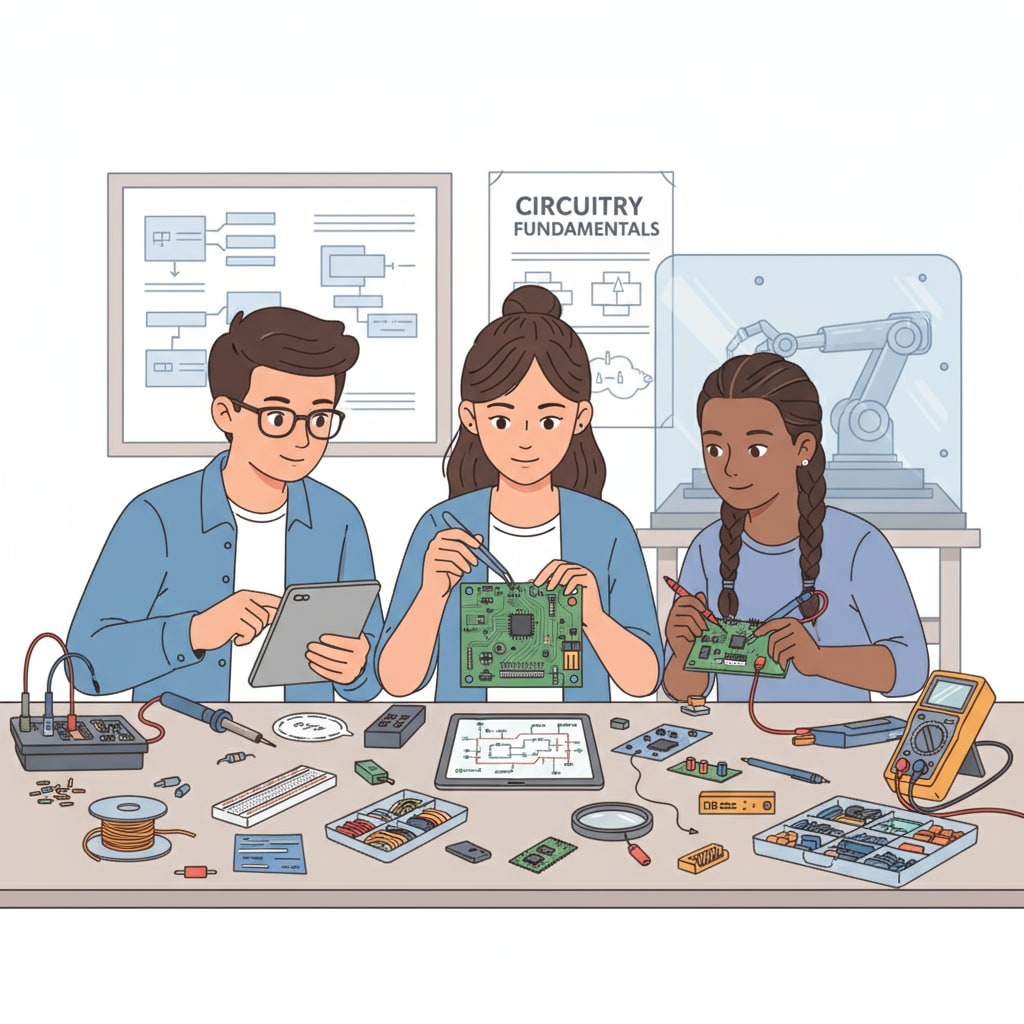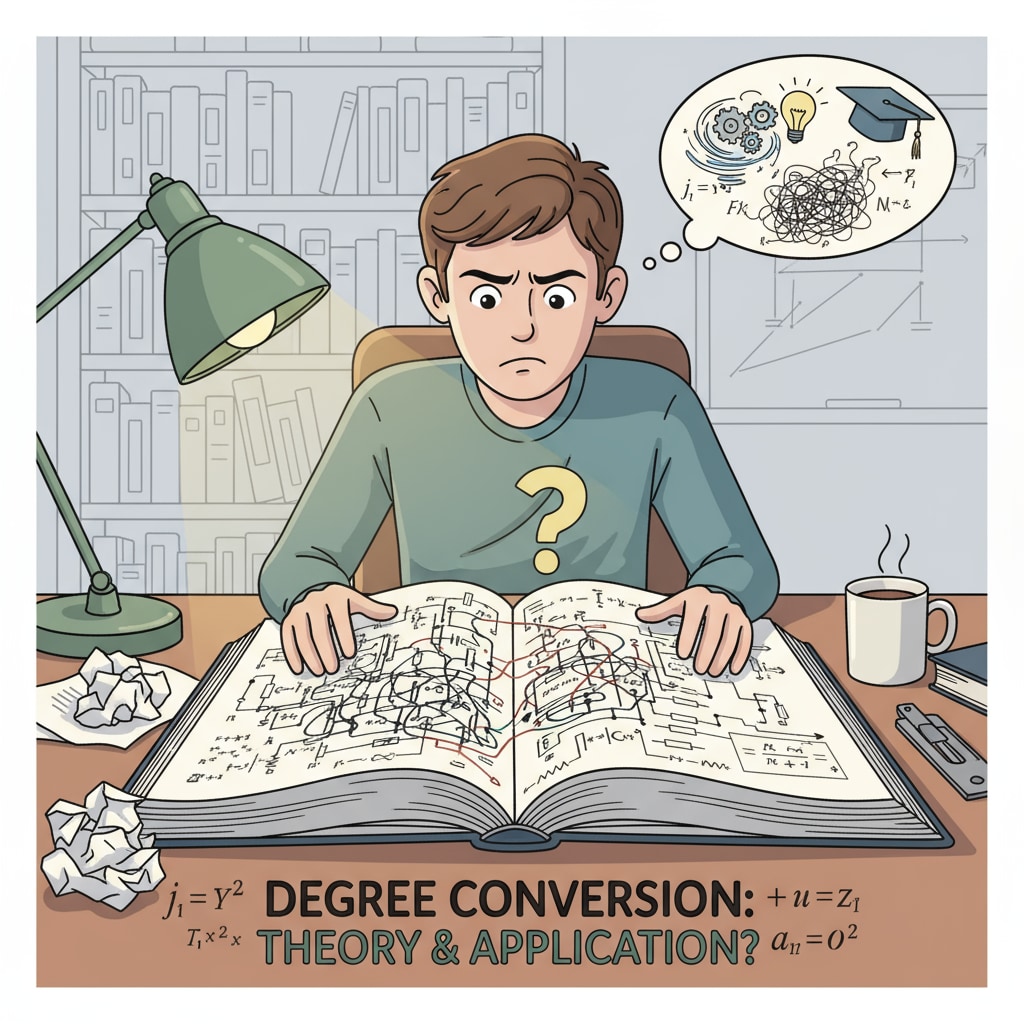Software engineering, degree conversion, computer engineering, and electrical engineering are key aspects when discussing the educational paths of students who aim to shift from software engineering to hard science fields. In the modern educational landscape, students often find themselves at crossroads, especially when considering a transition from the realm of software to more hardware-oriented disciplines. This article delves into the various aspects of this transition, providing insights and guidance.
The Allure of Hard Science for Software Engineering Students
Software engineering students might be drawn to hard science fields for several reasons. For example, the desire to understand the underlying hardware that their software interacts with is a common motivation. The world of computer engineering and electrical engineering offers a more hands-on approach to technology. In computer engineering, students get to work on building computer systems from the ground up, integrating hardware and software components. As a result, this field provides a deeper understanding of how technology functions at a fundamental level. Electrical engineering, on the other hand, focuses on the design and development of electrical systems, from power generation to microelectronics. This can be highly appealing to software engineers who want to expand their knowledge and skills beyond the code. Computer engineering on Wikipedia

The Hurdles in Degree Conversion
However, the transition from software engineering to computer engineering or electrical engineering is not without its challenges. One major hurdle is the difference in curriculum. Software engineering programs typically focus on programming languages, software development methodologies, and algorithms. In contrast, computer engineering and electrical engineering curricula include courses in circuit design, digital logic, and electrical theory. For instance, students may struggle with the complex mathematical concepts and hands-on laboratory work required in these hard science programs. Additionally, the pace of learning in these new fields can be quite different from what software engineering students are accustomed to. As a result, they need to adapt quickly to keep up with the coursework. Electrical engineering on Britannica

Another aspect to consider is the time and financial commitment. Degree conversion often requires additional courses and study time. This can be a deterrent for some students, especially those who are already on a tight schedule or have financial constraints. However, with proper planning and research, students can find ways to make this transition more manageable. Some universities offer bridge programs or dual-degree options that can help ease the transition process.
In conclusion, software engineering students looking to transition to hard science fields such as computer engineering and electrical engineering face both opportunities and challenges. By understanding the allure of these fields, the hurdles in degree conversion, and exploring available options, students can make informed decisions about their educational paths. This transition can open up new career prospects and enhance their overall technological expertise, bridging the gap between software and hardware in the ever-evolving world of technology.
Readability guidance: This article uses short paragraphs and lists to summarize key points. Each H2 section provides relevant information and lists where applicable. The proportion of passive voice and long sentences is controlled, and transition words are scattered throughout the text to enhance readability.


